This paper describes how mobile phone data can guide government and public health authorities in determining the best course of action to control the COVID-19 pandemic and in assessing the effectiveness of control measures such as physical distancing. It identifies key gaps and reasons why this kind of data is only scarcely used, although their value in similar epidemics has proven in a number of use cases. It presents ways to overcome these gaps and key recommendations for urgent action, most notably the establishment of mixed expert groups on national and regional level, and the inclusion and support of governments and public authorities early on.
It is authored by a group of experienced data scientists, epidemiologists, demographers and representatives of mobile network operators who jointly put their work at the service of the global effort to combat the COVID-19 pandemic.


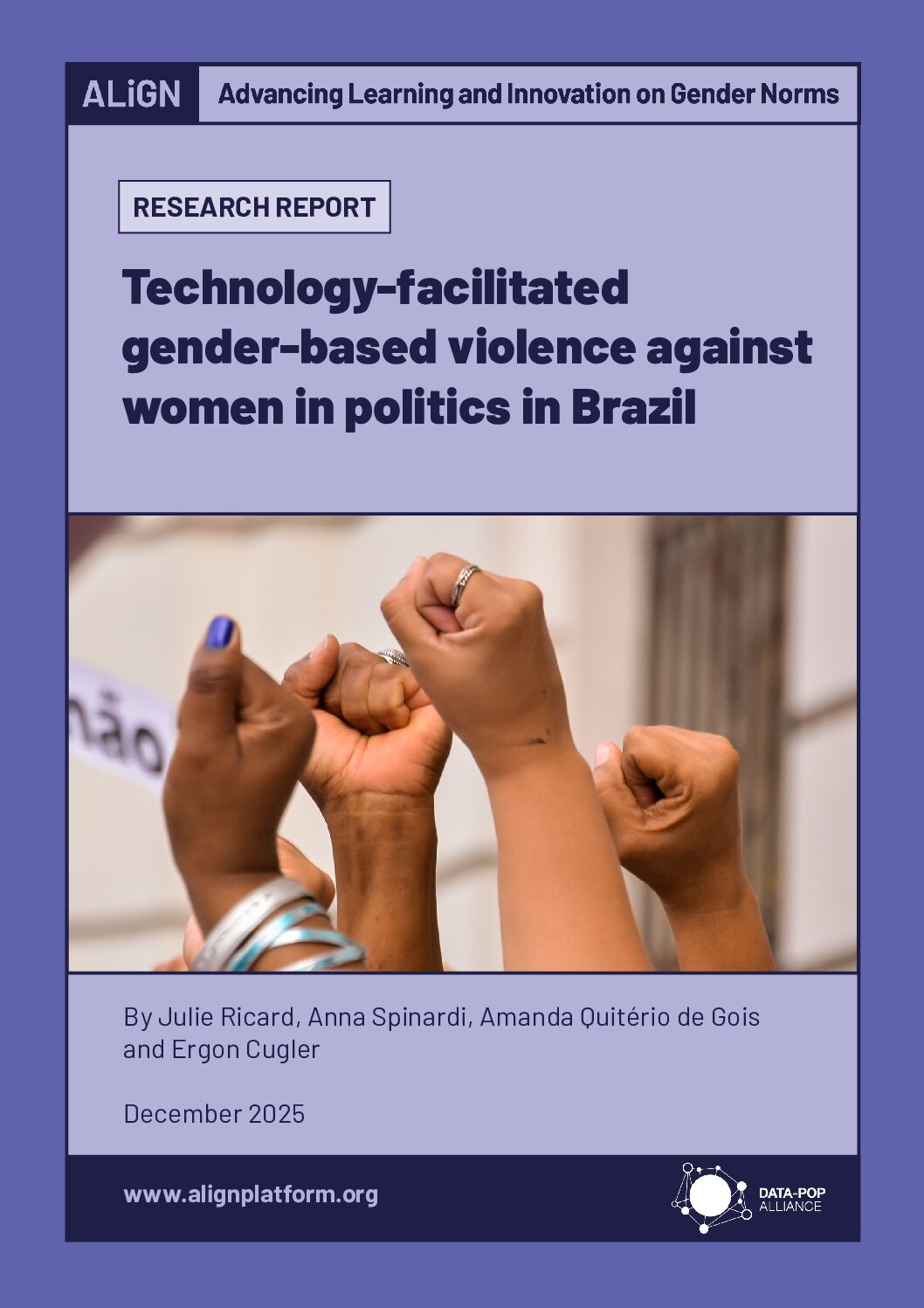
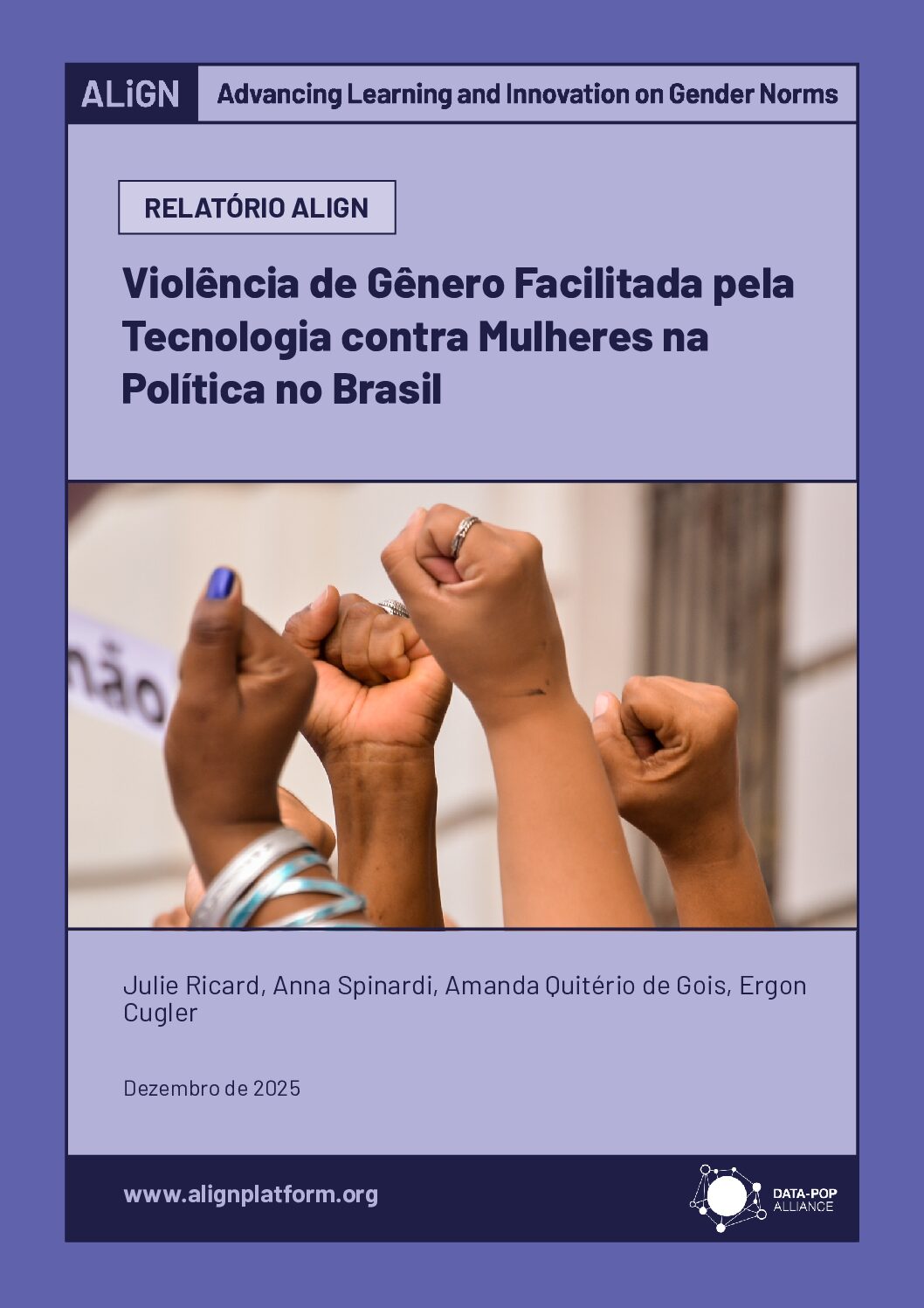
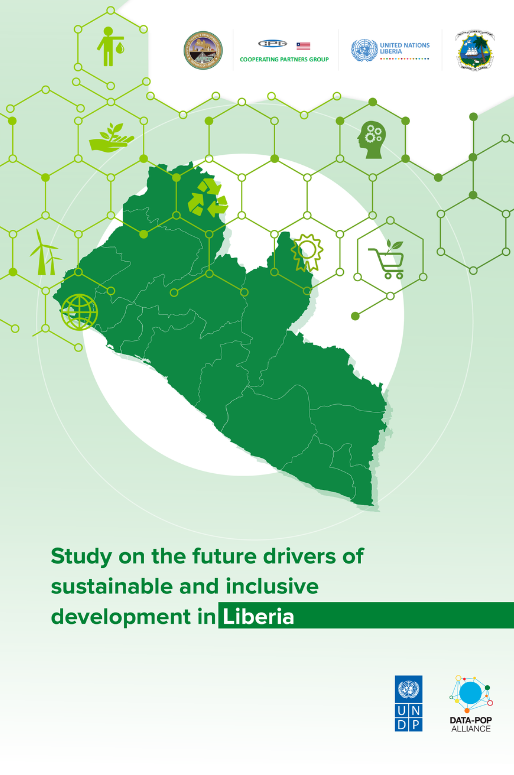

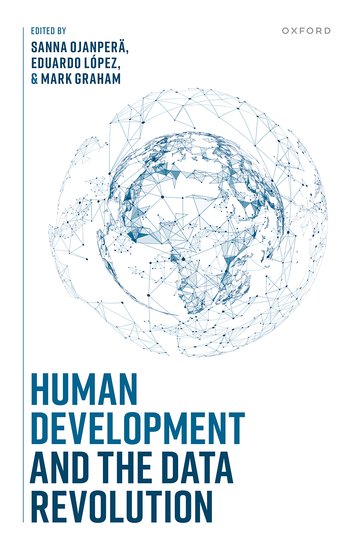
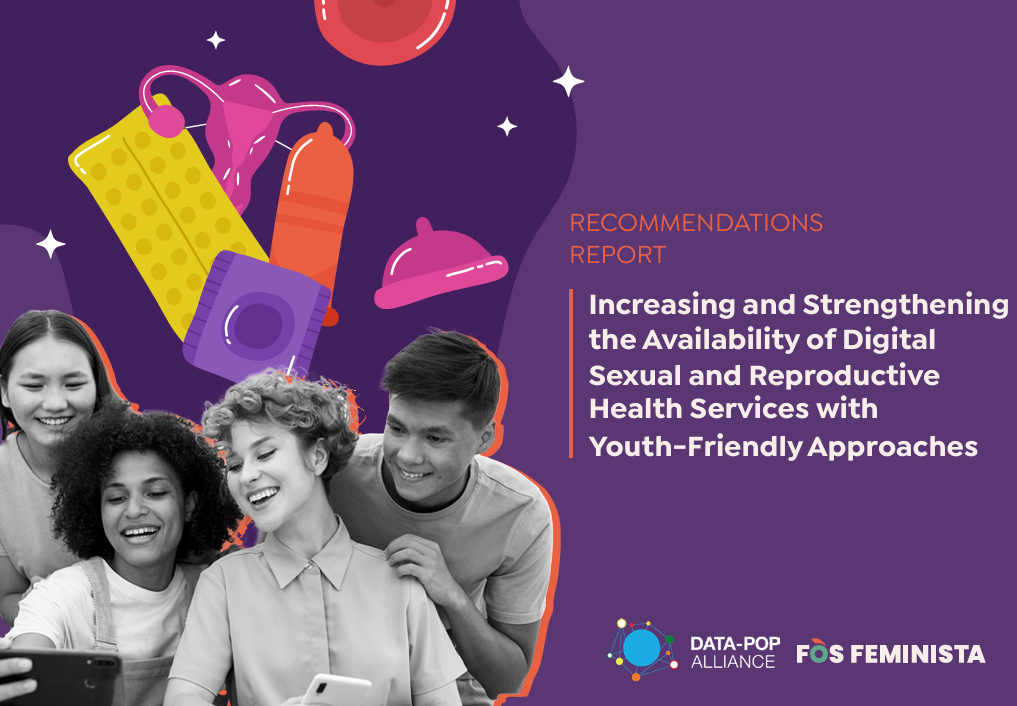
![[P124] cover Bangladesh_Report](https://datapopalliance.org/wp-content/uploads/2025/04/P124-cover-Bangladesh_Report.png)

![[WEB] Feature Blog Post](https://datapopalliance.org/wp-content/uploads/2025/02/WEB-Feature-Blog-Post-.png)
